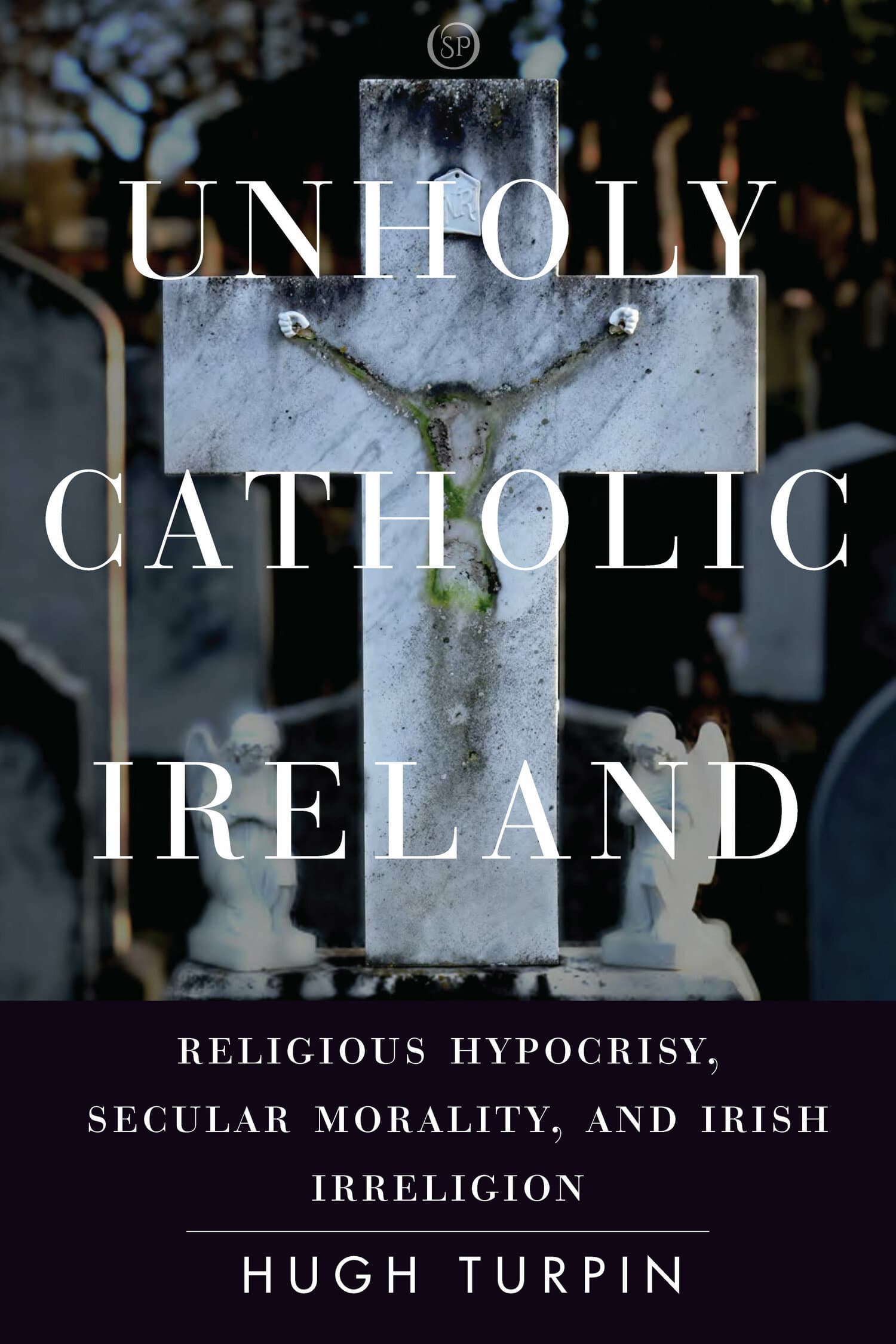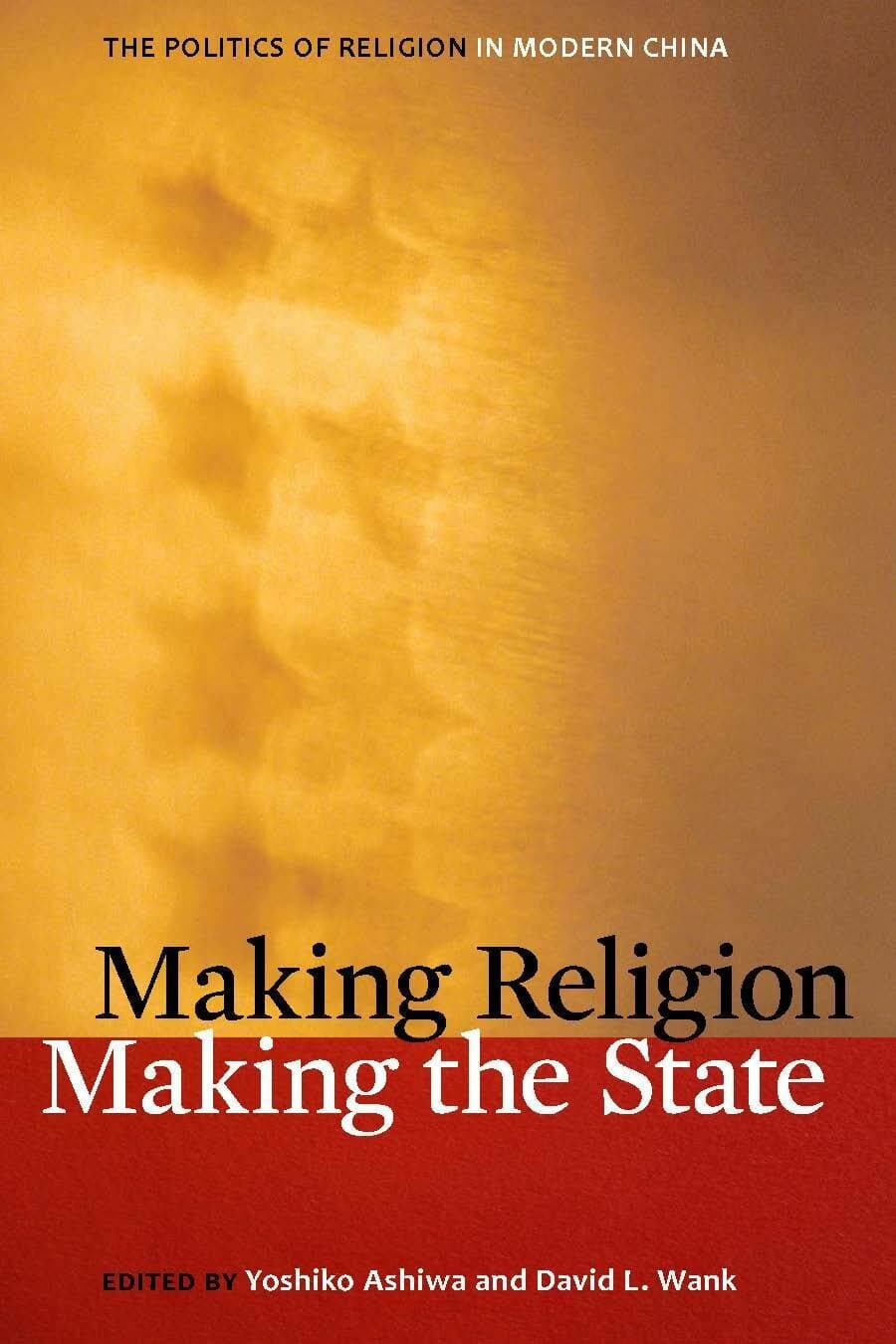Unholy Catholic Ireland

There are few instances of a contemporary Western European society more firmly welded to religion than Ireland is to Catholicism. For much of the twentieth century, to be considered a good Irish citizen was to be seen as a good and observant Catholic. Today, the opposite may increasingly be the case. The Irish Catholic Church, once a spiritual institution beyond question, is not only losing influence and relevance; in the eyes of many, it has become something utterly desacralized. In this book, Hugh Turpin offers an innovative and in-depth account of the nature and emergence of "ex-Catholicism"—a new model of the good, and secular, Irish person that is being rapidly adopted in Irish society.
Using rich quantitative and qualitative research methods, Turpin explains the emergence and character of religious rejection in the Republic. He examines how numerous factors—including economic growth, social liberalization, attenuated domestic religious socialization, the institutional scandals and moral collapse of the Church, and the Church's lingering influence in social institutions and laws—have interacted to produce a rapid growth in ex-Catholicism. By tracing the frictions within and between practicing Catholics, cultural Catholics, and ex-Catholics in a period of profound cultural change and moral reckoning, Turpin shows how deeply the meanings of being religious or non-religious have changed in the country once described as "Holy Catholic Ireland."
"This is not only the best, most insightful book on the situation of religion and secularization in contemporary Ireland—it is one of the best, most insightful books written on secularization in general that I have read in a long time. Sharp, engaging, informative, thoughtful, and fascinating—this book is a must for anyone wanting to understand the evaporation of religion in the Western world."—Phil Zuckerman, Pitzer College
"Turpin tells the fascinating story of what ordinary people think and feel about the disintegration of Catholic hegemony in Ireland. The book is enthralling: deeply researched, full of insights and exceptionally well written, it deserves all the praise and prizes that will come its way, if there is any justice in this world."—David Voas, University College London
"Prior to Turpin's research, there had been no systematic, in-depth studies of those who could be classified as nones in the Republic of Ireland.Unholy Catholic Irelandis a first and important step in what I hope and anticipate will become a topic of further research – by Turpin and by other scholars. Based on both qualitative and quantitative research, it lays a strong foundation for future studies."—Gladys Ganiel, Slugger O'Toole
"This study is to be warmly welcomed. It is written beautifully and makes a significant contribution to the field of the study of Irish Catholicism—and its rejection. Believers and non-believers alike will learn much from Turpin's findings, which invite us to reconsider the complexities of Irish religion and irreligion anew."—Salvador Ryan, The Irish Independent
"Unholy Catholic Ireland brings a fresh and rich analysis to the study of Irish Catholicism, especially in the wake of decades of scandals. As such, it will appeal to students of Catholicism but especially, and more generally, those interested in better understanding religious change. And its methodological approach—combining the 'deep' insight of ethnographic work with the 'wide' analysis of social surveys—will serve as a guidepost for social scientists studying secularizing processes in other societies."—Brian Conway, Contemporary Sociology
"Hugh Turpin provides the most comprehensive description and analysis of this conundrum [at the heart of Catholic Ireland]. This is an innovative, insightful, well-written book."—Tom Inglis, Journal of Contemporary Religion
"[Unholy Catholic Ireland] is useful not only for content but also for exemplary combined research methods. The author compromised diverse instruments such as surveys, fieldwork, and interviews in a comprehensive manner. I highly recommend the book for scholars and readers interested in intersectional research and modern Irish history concerning Catholicism, nationalism, and politics."—Jooyoung Hong, Religious Studies Review
"[Unholy Catholic Ireland] is well-written and a pleasure to read. The sections on methodology are clearly explained and would be accessible to a lay reader. This would make a good text for undergraduate and postgraduate courses in sociology, religious studies, history, anthropology and other relevant disciplines."—Henrietta Ewart, Politics, Religion & Ideology
"Turpin's work greatly enriches our knowledge not only of the situation in Ireland but also of the peculiarities of secularization in societies with a dominant Catholic Church. It is also essential reading for anyone interested in social responses to scandals involving the sexual abuse of children by the Catholic clergy."—Sławomir Mandes, Sociology of Religion




